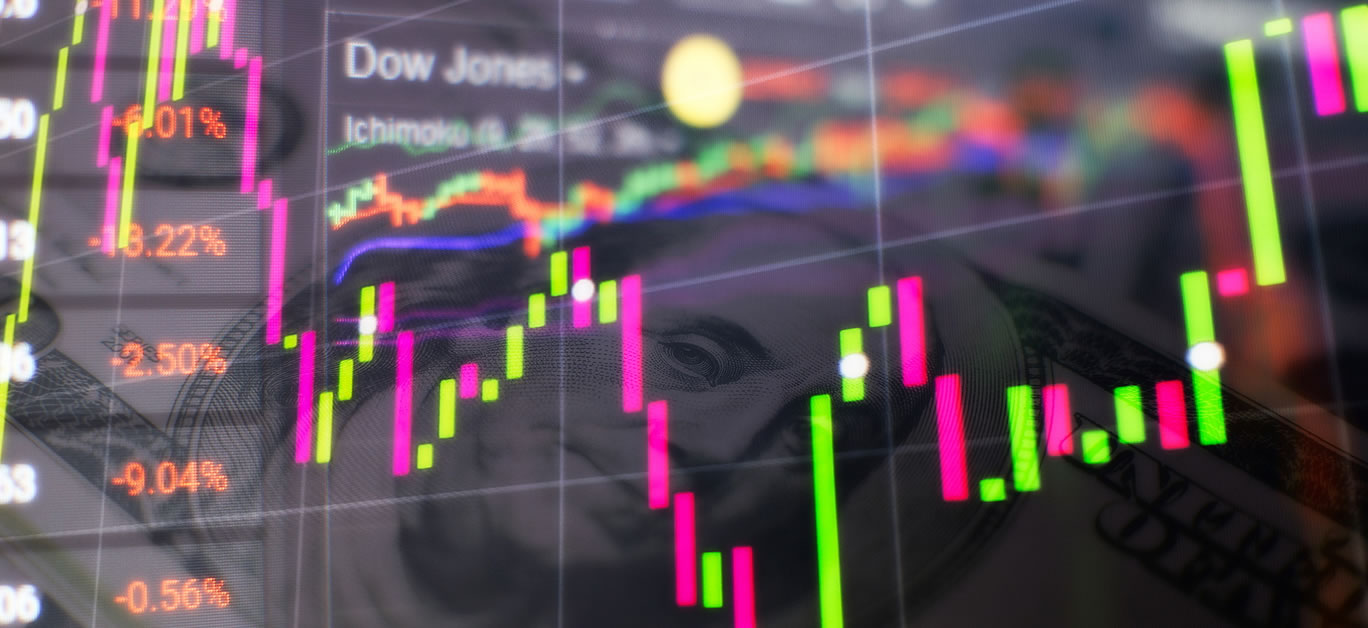Given the uncertain nature of foreign companies, it’s understandable why many investors like to play it safe by owning shares that are quoted in their home market. This so-called ‘home bias’ can give the illusion of control, but in reality, it may mean you’re missing out on lucrative opportunities and much-needed diversification elsewhere.
With this in mind, Ben Hobson, markets editor at Stockopedia, shares his tips on why taking the plunge into foreign markets can lead to better returns and why you shouldn’t be afraid to go global.
Widening the scope for opportunity

When it comes to buying shares, many investors naturally stick to what they know. The comfort of familiarity means that you’ll often find portfolios that heavily favour an investor’s home market. However, in terms of overall capitalisation, the UK market only accounts for eight percent of the global market total.
On that basis, investing in the UK alone cuts out more than 90 percent of shares quoted around the world in terms of capitalisation. When you then consider that the UK is traditionally heavily weighted to a few influential sectors – like financials and consumer staples – you start to see that it offers limited scope and diversification on its own.
In turn, the cyclical nature of international markets means it’s likely that better growth opportunities can be found in different territories at different times. This means that investing abroad offers the potential for faster growth and improved returns rather than simply staying with the home market.
In terms of brokerage, online investment platforms offering international markets have proliferated in recent years and the costs of dealing have fallen. Shopping around for low fees and foreign exchange rates is now easier than ever.
Portfolio diversification

One of the main risks investors often associate with trading in foreign shares is that their investment is out of their control. This leads to a sense of being powerless and lacking knowledge. But the rise of online investment platforms makes tracking the fundamentals of a foreign stock easier than ever before.
Diversification was once described as ‘the only free lunch’ in finance. However, the mistake people often make is that diversifying the type of investment – whether it be bonds, funds or stocks – or by sector is enough. In reality, it’s now common to consider how portfolio risk can be managed by diversifying between size, style, sectors and internationally.
It can always be tough to predict what regions and markets will do well, and the Covid-19 pandemic has complicated things further. However, you can look at different global markets and evaluate them on their fundamentals to see if they’ve got solid prospects.
Unstable markets, a changing economic climate and unpredictable geopolitical tensions can all wreak havoc with your investments. However, if your capital portfolio is internationally diversified, you increase your chances of smoothing out returns by spreading risk and riding economic upswings in different regions.
You can rest easy knowing that a particular event or market shift in one region won’t destroy your portfolio, making it easier to resist the urge to have it guided by emotions over logic.
A rigid plan for the long term

Diversification into foreign markets can help you build a resilient and rewarding portfolio in the long term. Each part of the world thrives on economies that are rooted in different strengths. Market drivers that are good for some sectors will be detrimental for others. Having stakes globally limits the chances of having a portfolio more exposed to the movement of just a few sectors or a specific market.
Foreign investment can also drive the quality of your investments upwards. With entrepreneurs creating high-potential businesses every day, isolating yourself to one country only narrows the opportunity for improved returns.
Investor Jeffrey Kleintop notes that stocks in sectors are far more likely to correlate with the global average for that sector rather than the localised trends of their home market. The solution is to take a global approach when diversifying between sectors, so be prepared to look beyond borders for the best growth opportunities.
Disclaimer: Investing money carries risk, do so at your own risk and we advise people to never invest more money than they can afford to lose and to seek professional advice before doing so.






















